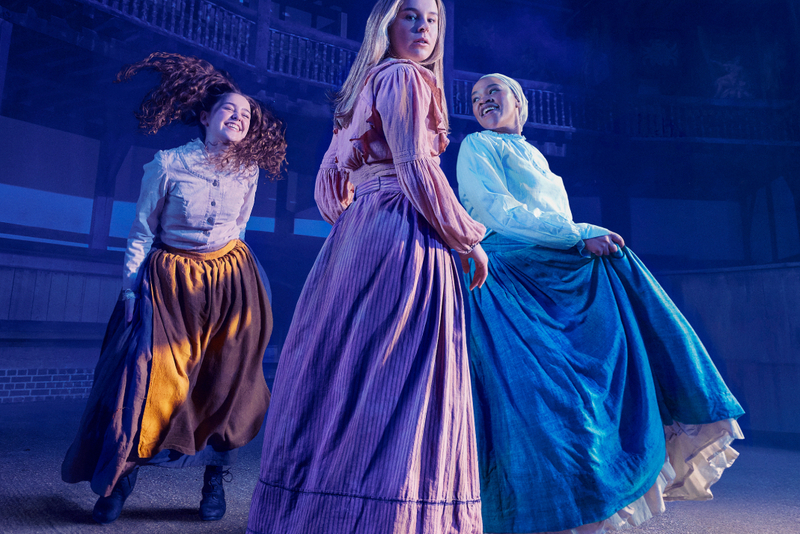We spy on the woman, in the original only known as 'she', through the windows to her messy flat as she becomes more and more desperate about losing the love of her life, knowing that this is the last time she will be connected to him. Once the conversation is over, that's it. We hear her through headphones, her anguish underscored by distant electronic rumbling from Sound Designer Mike Winship, and all her whispers, moans and sobs are painfully audible.
The problem is that she is using a mobile phone, of course, so we lose the symbolic and dramatic presence of an old fashioned telephone. In the original play 'she' ends up with the chord of the phone around her neck, implying possible suicide, there are comic episodes involving crossed lines (remember them?) that here have to pretend to be wrong numbers and all phallic symbolism also goes out of the window. (she sleeps with the phone just in case she misses his call) A smart phone just isn't very romantic.
As The Woman, Leanne Best (Star Wars, Film Stars Don't Die in Liverpool, Black Mirror, Ripper Street), is excellent in a very exposed role.
We do feel for her, understand her lies and her humiliating acceptance of the lies being enacted on the other end of the line. She is horribly trapped in her apartment, in her love and her situation. All this is admirably done, if a bit repetitive at times.
But it's hard to care. Cocteau wrote the play after he, fresh out of rehab, was dumped by a younger man who went on to marry a woman. He was 'she' but in this version we are witness to a pretty banal break up, there's no feeling of the danger of their previous relationship.
She just chose the wrong man and haven't we all done that?
The whole this is wrapped up by Cocteau and indeed Ragget in little over an hour. We hardly have time to get acquainted with the protagonists before their relationship and the play are over and we’re back on the streets of Notting Hill.
This is an interesting curio, very well realised but it’s hard to recommend it as a satisfying evening of theatre.

 Jean Cocteau's monodrama from 1930, about the end of a love affair conducted over the telephone and heard solely from the jilted woman's side of the conversation, is given a contemporary makeover in this new version, written and directed by Daniel Raggett.
Jean Cocteau's monodrama from 1930, about the end of a love affair conducted over the telephone and heard solely from the jilted woman's side of the conversation, is given a contemporary makeover in this new version, written and directed by Daniel Raggett.



 “Red wine, ecstasy and heavy rock” - Flawed like a boy is a coming of age and a coming out story, that allows an audience to smell, hear and feel the experiences of a queer man growing up in Australia from the 1980s until now.
“Red wine, ecstasy and heavy rock” - Flawed like a boy is a coming of age and a coming out story, that allows an audience to smell, hear and feel the experiences of a queer man growing up in Australia from the 1980s until now.